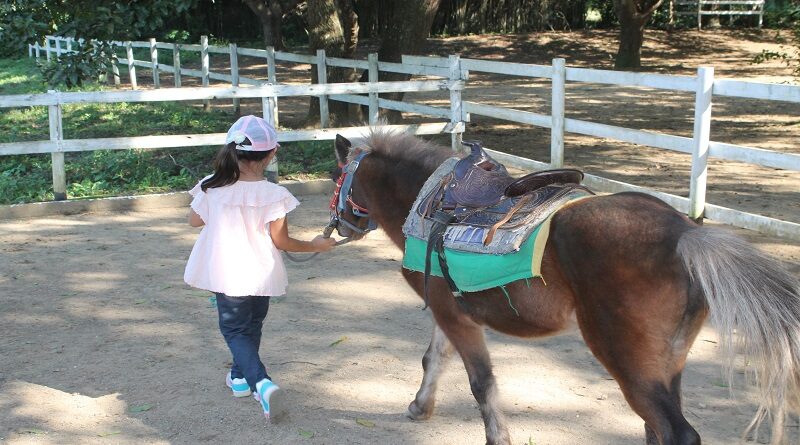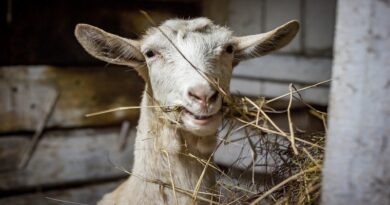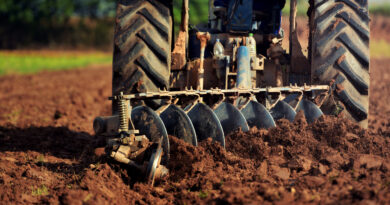Postgraduate courses in Horse Keeping
Horses are some of the most beautiful creatures but they need quite an amount of maintenance and minding to keep them in top form and healthy.
Horses in different areas such as racing or show jumping may have specific needs so having an understanding of horses and their sport is important as a horse keeper. Luckily for you, if this is an area that interests you, we have a guide below to help you out.
What is a horse keeper?
A horse keeper is employed to take care of, groom, feeding and mind horses. It is often also called a horse groomer or stable hand.
What work is involved?
The exact duties carried out may differ depending on where you;re working but for the most part, they are similar in most places. You may work unsocial hours such as evenings and weekends as well as outdoors in many different weather conditions. Working hours may start very early in the morning and late at night. Often, you may have to live in stables wit other workers. The day to day duties of a horse keeper may include:
- Feed horses
- Clean and groom horses
- Brush horses coat
- Clean stables and put down fresh bedding
- Maintenance – clip main, tails
- Ride horses to exercise them
- Specialise in particular areas – showjumping, racing etc
- Clean and maintain saddles, bridles and tack
- Check on horses for injuries, health problems etc
- Prepare horses for riding lessons, exercise
Courses
There are many courses on offer in the area across the UK. Some courses offer the opportunity to study either part time or full time. Universities may have certain restrictions in place due to Covid-19 and may offer courses online. Courses available include:
Equine Science
Postgraduate courses in equine science will allow you to develop your skills and knowledge even further. You will study a diverse range of industry-informed modules as well as developing your understanding of new technologies used in the field. These include thermography, gait analysis and electromyography. Modules you may cover include Therapy and Rehabilitation of the Equine Athlete and Equine Behaviour and Welfare as well as carrying out your own research. Specific material may differ from course to course.
Equine Performance, Health and Welfare
Courses in this area will give students the opportunity to gain an understanding of equine health, performance, and welfare within the context of human use of horses. There is a big focus on the recent advances in equine health and disease, sports horse nutrition, behaviour, ethics, exercise physiology, equitation science and genetics in relation to improving equine health, performance and welfare.
Other courses available in this area include Equestrian Performance, Equine Behaviour and Welfare and Equine Leadership and Management.
Entry Requirements
Entry requirements may differ from course to course or university to university. Therefore, it is important to research your specific course in detail to ensure you meet the entry requirements. As these courses are postgraduate courses, you will need a bachelor’s degree. Some courses may accept a 2.2 degree while others will require a 2.1. A degree in a relevant area is preferred such as a degree in biological sciences.
Salary
The salary of a horse keeper is largely dependent on your exact employment, the size of the company you are working for and also your experience may play a role. This is often a role that can be worked part time or full time. Wages start out around minimum wage – £4.55 per hour (16/17 years old), £6.45 per hour (18-20years old), £8.20 per hour (21-24 years old) and £8.72 per hour (25+). As an experienced horse keeper/groomer or stable hand you may earn between £16,000 – £20,000 annually. All figures are intended to be used as a guide only.
Potential employers
Potential employers in this area may include:
- Riding schools
- Stables – where horses are bred
- Livery Stables – minding the horses of other people
- Trekking stable
- Horse trainers
Skills and requirements
Skills and requirements helpful in this area include:
- Strong communication skills
- A love for horses
- Self-motivated
- Hard working
- Enjoy physical work
- Dedicated
- Ability to ride horses
- Attention to detail/Observant – spot injuries, illness
- Good physical stamina
- Ability to follow instructions
- Ability to work well with others




